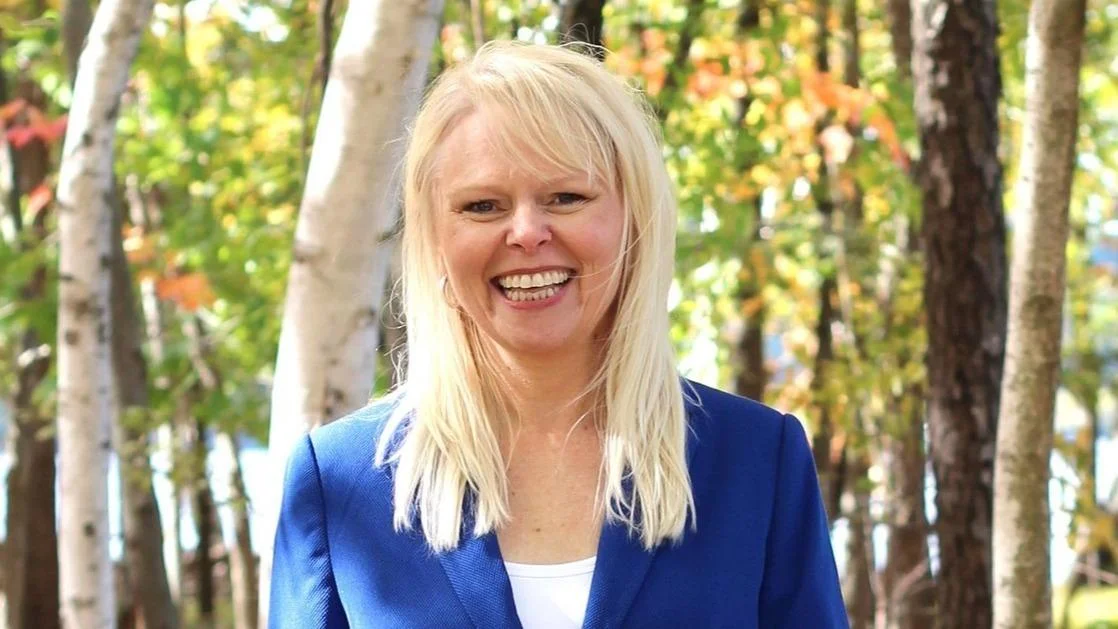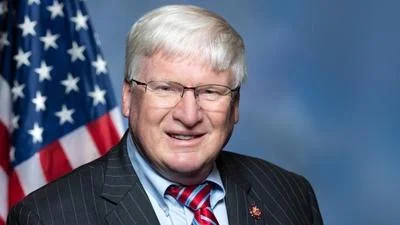Sarah Keyeski, Wisconsin State Senator for 14th District | Facebook
Sarah Keyeski, Wisconsin State Senator for 14th District | Facebook
According to the Wisconsin State Legislature's official website, the bill was described as follows: "a Department of Children and Families program to make payments to child care programs, granting rule-making authority, and making an appropriation. (FE)".
The following is our breakdown, based on the actual bill text, and may include interpretation to clarify its provisions.
In essence, this bill authorizes the Wisconsin Department of Children and Families to create a program for making monthly payments to certified child care providers, licensed centers, and school board-contracted programs, supplementing the current Wisconsin Shares system. It mandates the department to devise rules for program implementation, eligibility, payments, and usage, including the authority to issue emergency rules lasting until July 1, 2027, or until permanent rules are established. The bill eliminates the current method of adjusting maximum payment rates based on the YoungStar quality rating system and funds the program through a new appropriation and federal moneys, including the Temporary Assistance for Needy Families block grant.
The bill was co-authored by Representative Renuka Mayadev (Democrat-77th District), Senator Tim Carpenter (Democrat-3rd District), Senator Kristin Dassler-Alfheim (Democrat-18th District), Senator Dora E. Drake (Democrat-4th District), Senator Jodi Habush Sinykin (Democrat-8th District). It was co-sponsored by Representative Clinton M. Anderson (Democrat-45th District), Representative Deb Andraca (Democrat-23rd District), and Representative Margaret Arney (Democrat-18th District), along 48 other co-sponsors.
Sarah Keyeski has authored or co-authored another 48 bills since the beginning of the 2025 session, with all of them being adopted.
Keyeski graduated from Luther College in 1993 with a BA.
Keyeski, a Democrat, was elected to the Wisconsin State Senate in 2021 to represent the state's 14th Senate district, replacing previous state senator Joan Ballweg.
In Wisconsin, the legislative process starts when a senator, constituent, group, or agency proposes an idea for a bill. After drafting, the bill is introduced, numbered, and referred to a committee for review and public input. If approved, it moves through three readings and votes in both the Senate and Assembly. Once both chambers pass the same version, the bill goes to the governor, who can sign it, veto it, or let it become law without a signature. Only a small share of bills introduced each session ultimately become law. You can learn more about the Wisconsin legislative process here.
| Bill Number | Date Introduced | Short Description |
|---|---|---|
| SB322 | 06/12/2025 | A Department of Children and Families program to make payments to child care programs, granting rule-making authority, and making an appropriation. (FE) |
| SB309 | 06/04/2025 | Immunity for 911 call centers and dispatchers that transfer callers to the national 988 Suicide and Crisis Lifeline |
| SB251 | 05/09/2025 | Cost-sharing caps on prescription drugs and medical supplies to treat asthma under health insurance policies and plans. (FE) |
| SB208 | 04/16/2025 | Prohibiting hedge funds from acquiring single-family homes in this state. (FE) |
| SB160 | 03/27/2025 | Designating the Tom Diehl Memorial Highway. (FE) |
| SB148 | 03/21/2025 | The right to repair agricultural equipment, and providing a penalty. (FE) |
| SB133 | 03/14/2025 | Maximum life and allocation period for Tax Incremental District Number 9 in the village of DeForest and the total value of taxable property that may be included in tax incremental financing districts created in the village of DeForest. (FE) |


 Alerts Sign-up
Alerts Sign-up